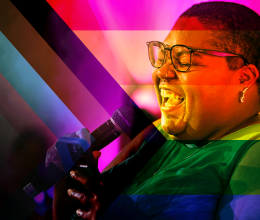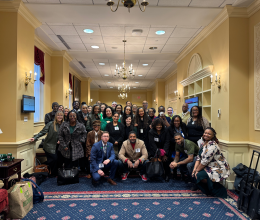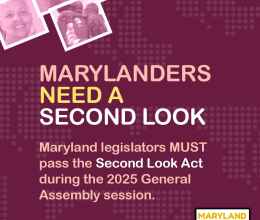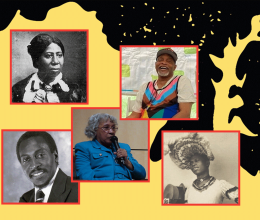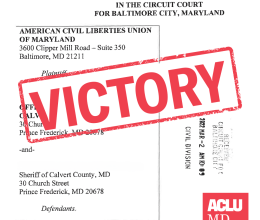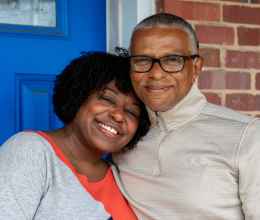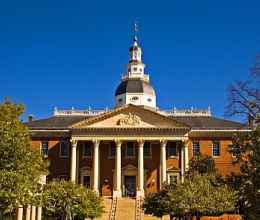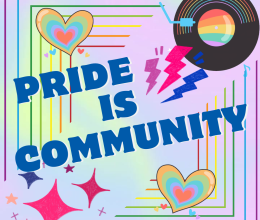
(Image designed by Nicole McCann.)
If you are disabled and are reading this: I see you. I affirm you. I love you. The world would be boring as heck without us around.
If you are not disabled and are reading this: Please join us to celebrate Disability Pride Month and the Americans with Disabilities Act (ADA) anniversary! I repeat what I said above, the world would be boring as heck without disabled people around.
To me, Friday, July 26, is a holiday. It is the anniversary of the ADA of 1990. The ADA isn’t just a wonky legal document. It also represents a monumental victory that culminated from decades of disability rights activism. If you don’t know about the crucial and inspiring work of Judy Heumann, who died March 4, 2023, please learn abour her as soon as possible. The ADA is the bare minimum though. There is much more work to do.
I identify as a disabled person. I identify that way because I must live in a world that non-disabled people designed. I’m neurodivergent and seem to have never-ending issues with my feet and connective tissues. This means I spend me a lot of time in a boot, cast, or brace. I’m no stranger to surgeries, medication, physical therapy, nor to spending a ridiculous amount of time trying to open hearts and minds to a disabled perspective.
Besides the relentless issues I have with my feet and tendons, I mostly identify as having an invisible disability. It took going through the early years of the horrific COVID-19 pandemic to understand this about myself.
Before March 2020, I worked primarily in an office environment for decades. When we shifted to working mostly remotely, that was the first time where many aspects of my physical surroundings changed all at once. The calm and quiet environment helped me thrive. I adapted my schedule to work best with how my brain worked.
I recognize that my ability to work remotely is from my place of privilege. I also don’t have a job that requires me to be predominantly in person, or a first responder. Few people have healthcare, and/or can get through the overwhelming process of seeking a disability diagnosis to get the support and protections they need.
An accessible, inclusive, and affirming environment should be the standard for everyone, not just privileged people.
Many of my fellow neurodivergent friends out there will relate to the deep dive I went on to understand myself. That deep dive led to another, then to another, and so on, as they do. I realized that working in a social justice field, especially as a person with a disability, I needed to put disability justice at the center of everything I do. I learned that I had already been speaking up about my concerns, but I was finally able to make sense of and have the language to express them.
This is a good moment to share with you the amazing disabled people and groups who have inspired me and my focus on disability accessibility:
- Sins Invalid – This group’s 10 Principles of Disability Justice is a required reading! Please print this list out and/or revisit it often.
- Jennifer White-Johnson – I learned about Jennifer through a Maryland Public Television video about their work on the Black Disabled Lives Matter poster used in protests across several continents.
- Alice Wong and the Disability Visibility Project – Alice curates one of the most powerful humanizing platforms for disabled people to tell their own stories.
- National ADAPT – This grassroots organization held a “die-in” on Capitol Hill back in 2017 to protest a health care bill that was a direct threat to the future of people with pre-existing conditions and disabilities. That was one of the most inspiring protests I’ve witnessed in my lifetime.
- Crip Camp: A Disability Revolution – This documentary is on Netflix. If you have access, add it to your queue as soon as possible. This is a great example of an affirming environment for disabled people.
- Maryland Department of Disabilities – This state department offers a robust list of webinar training options.
- Disability Rights Maryland and Decoding Dyslexia Maryland – These organizations are doing important education work. ACLU of Maryland (ACLU-MD) has partnered with them many times.
- “We Owe it to Harriet Tubman to Talk about Her Disability” – This recent ACLU At Liberty podcast episode about Harriet Tubman focuses on an aspect about her lived experience many people don’t know about, her disability.
What does it mean to be a civil rights and civil liberties organization if disability justice isn’t one of their core principles? To me, it means that organization needs to reflect and course correct. Internal and external values and principles must align. The ADA and being “compliant” are the legal floor when it comes to affirming disabled people. Even though I celebrate the ADA, I have a big issue with bare minimum compliance and the concept of “reasonable accommodations.” We must be anti-ableist and strive for affirming disabled people rather than just accommodating us.
Here at ACLU-MD, we made a commitment to do better in disability justice, accessibility, and inclusion. It’s not easy, nor fast, but it’s also not acceptable to operate in any other way.
I have spent the past couple of years focusing on how to build disability accessibility into the content we put out into the world. Since I work in the Communications Department alongside a team where we have all committed to consistently improving accessibility, I want to give them a special shoutout. Thankfully, this is a commitment the whole organization has made.
You may come across things like more sign language interpreters at ACLU-MD events, hybrid in-person and virtual events, plain language in our written materials, visual graphics with more contrast and fewer words, and a commitment to providing video captions that work with inaccessible social media platforms, and more.
That was just a sample list, though. Over time, we will share ways we are improving accessibility. For now, check out the Reading Freely bonus episodes on our podcast. We are putting up audio versions of blogs, so you have more ways to access this content.
We also want to get guidance from you about what you need to participate fully in the work we all do together. Reach out if you have a suggestion!
Happy Disability Pride Month!
